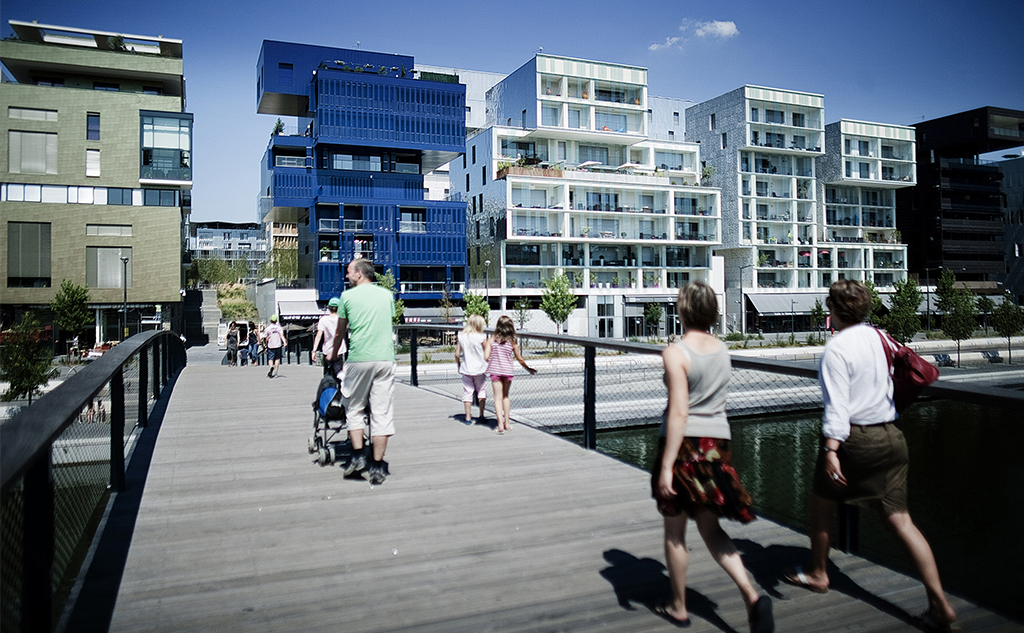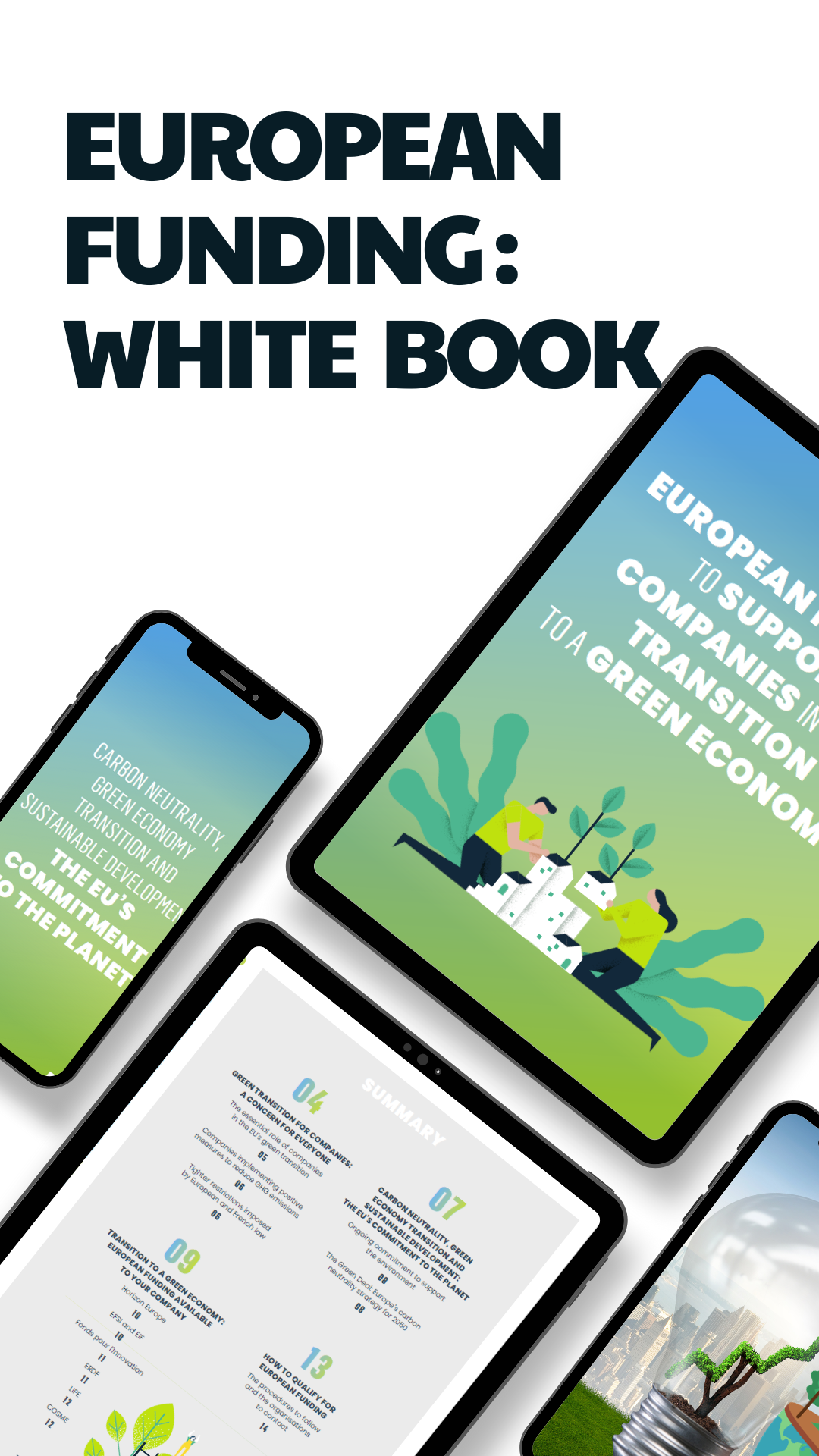Vicat is an international group of companies and a French family-run business, one that was founded close to 165 years ago, after Louis Vicat invented artificial cement in 1817. Vicat has always looked to the future and continues to develop a range of high-performance materials, products, and services tailored to match the evolutions taking place in the construction industry.
Through its cement plants, aggregate quarries, concrete batching plants, factories producing finishing products for the building industry, etc., wherever it is located, the Group is devoted to furthering local development, fostering local employment, and treating the environment responsibly.
This commitment has three aims:
Ensuring Vicat is a vital linchpin for industrial ecology in the areas where the Group works, by proposing solutions for repurposing a broad range of locally produced waste (particularly that of construction and engineering projects) as recycled materials and an energy source.
In a drive towards circular economy, Vicat has therefore launched a new, innovative service that brings all the Group’s skills and lines of business (cement, concrete, aggregate, transport) together to offer project owners, be they in the public sector or the private sector, repurposing solutions for site waste (concrete, excavation spoil, etc.) that can be introduced into the mix of materials used for new construction (cement, concrete).
For many years now, Vicat cement plants have also been adapting their facilities in order to replace imported fossil fuels (coal, petroleum coke, oil) with locally available energy-rich waste (wood, solid recovered fuel, etc). The Montalieu cement plant in France’s Alpine area, for example, has an exceptional substitution rate in excess of 70%, with 100% targeted three years from now.
Securing Vicat’s position as a key player in the fight against climate change, by continuing to reduce its emissions and by proposing less-energy-intensive solutions
The 90 scientists at the Louis Vicat Technical Center based in L’Isle d’Abeau (Alpine region) have recently developed the following operational solutions:
- production of ALPENAT, a cement derived from local raw materials and fired at a lower temperature than a conventional Portland cement;
- production of insulating structural concretes, meaning a building envelope needs no overlaid insulation;
- production of BIOSYS hempcrete using bio-sourced materials, for use in eco-construction.
Preserving natural resources and biodiversity
In 2001 Vicat created the Mépieu Lakes Regional Natural Reserve (160 hectares) a few kilometers from the Montalieu cement plant. Managed by a local NGO, the reserve is home to more than 10% of the plant species found in continental France, together with a great many animal species.




